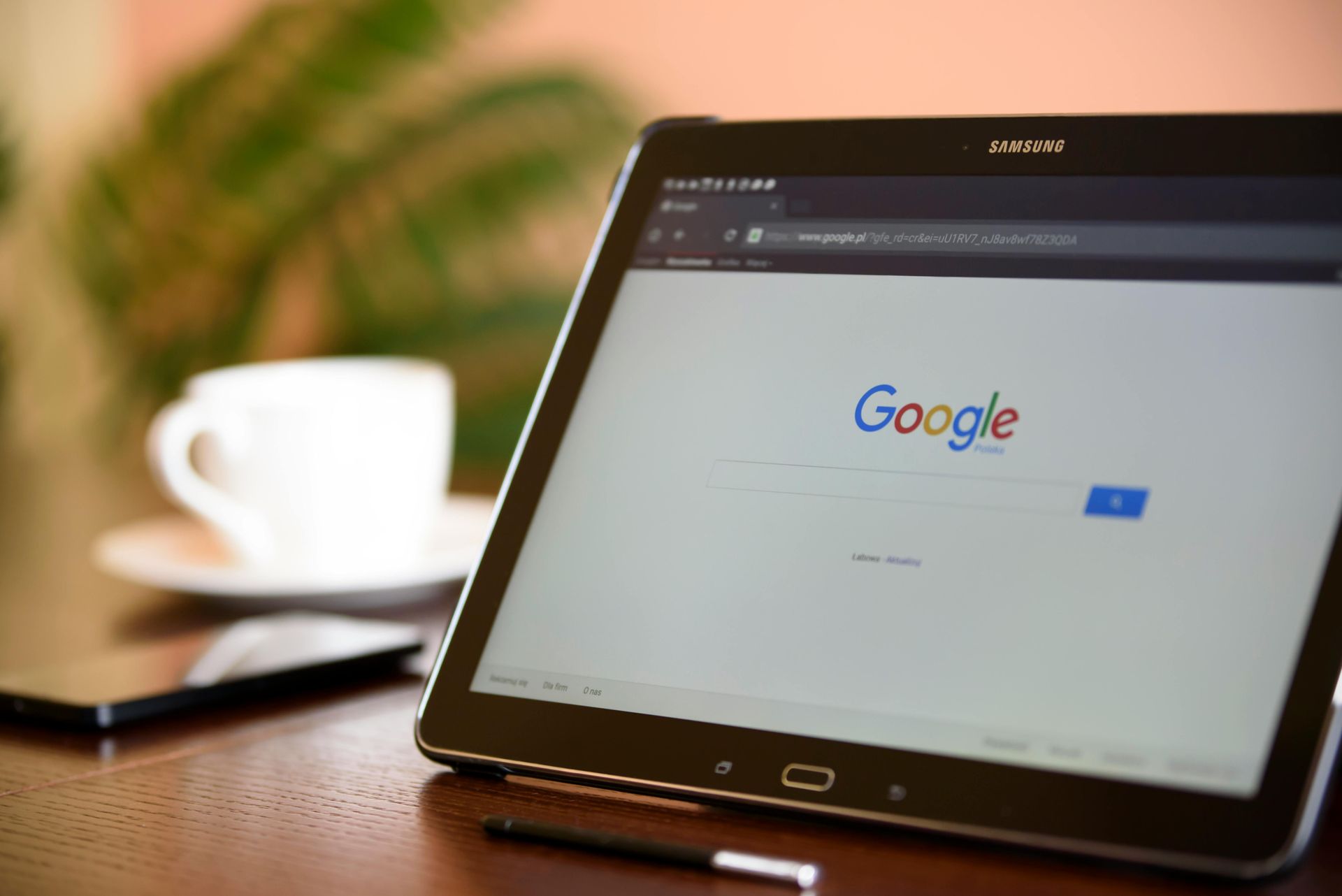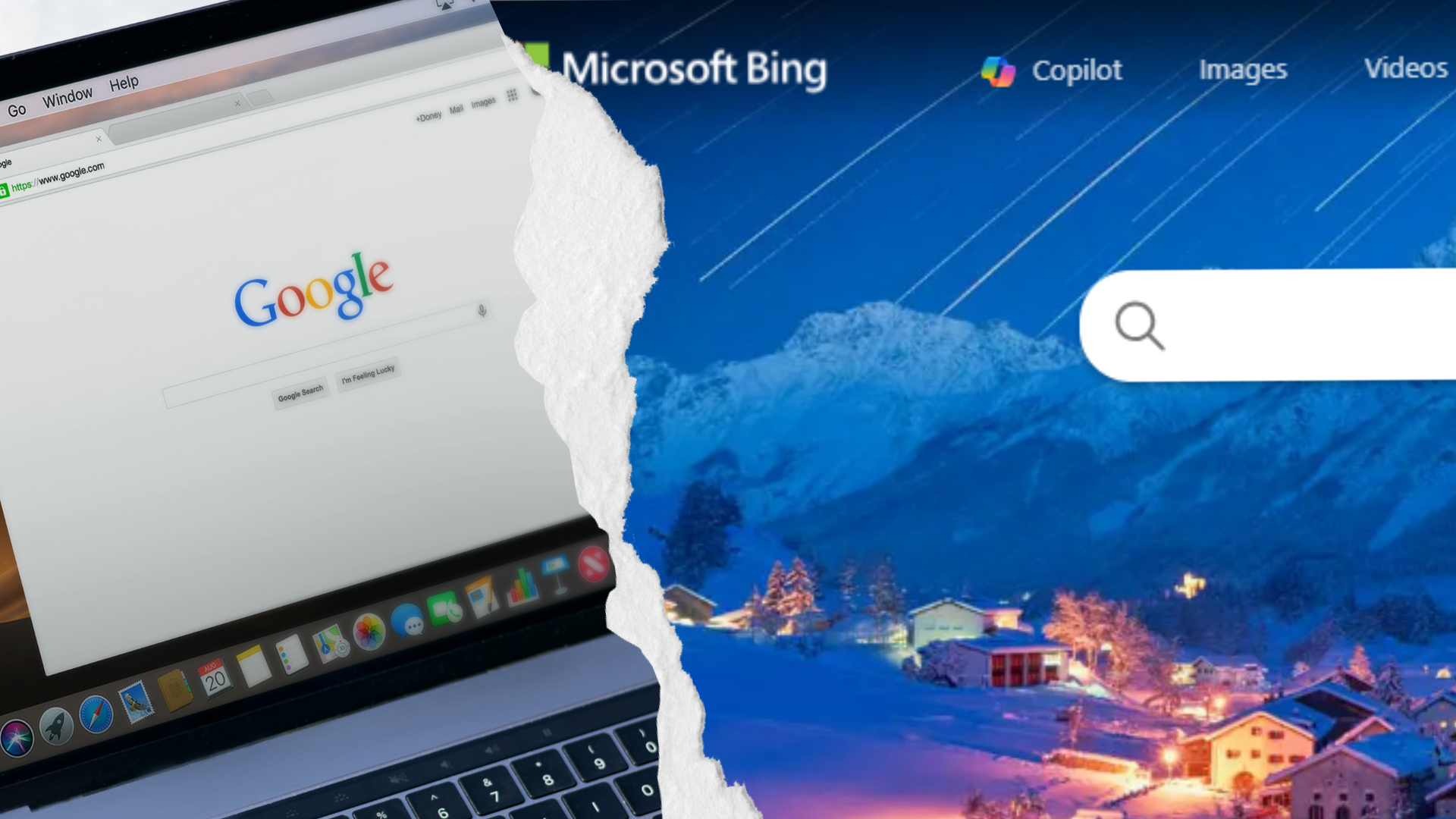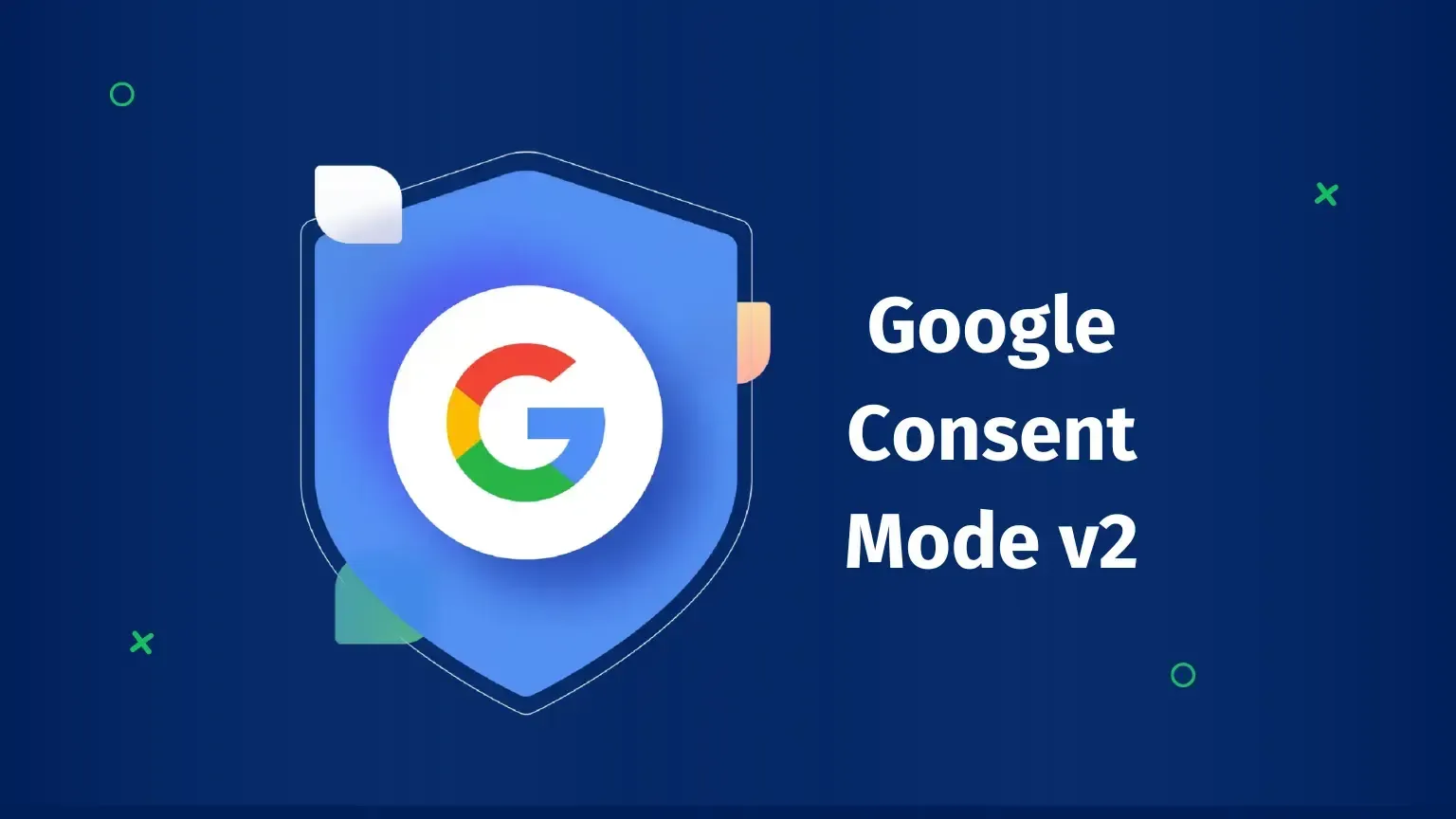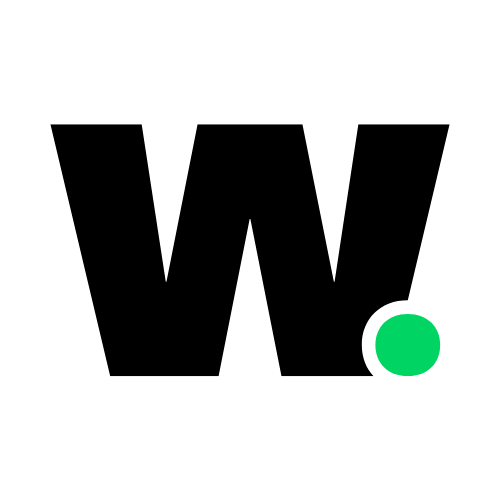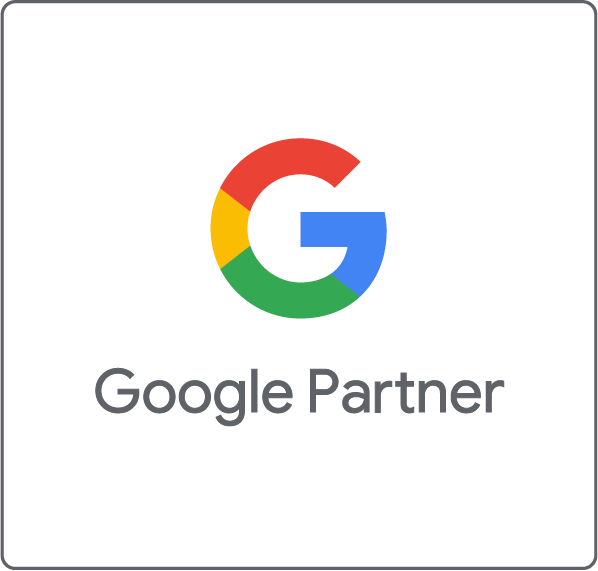Google Search vs PPC: Which is Better for Your Business?
In the digital marketing world, boosting visibility and driving traffic to your website is vital to business growth. Two tried-and-tested methods to achieve this are organic Google Search (search engine optimisation) and paid search (pay-per-click advertising). Many UK businesses struggle with the question: Google Search or PPC – which approach is better for my business?
This guide will delve into the key differences, pros, and cons of both strategies to help you decide which is most appropriate for your unique goals.
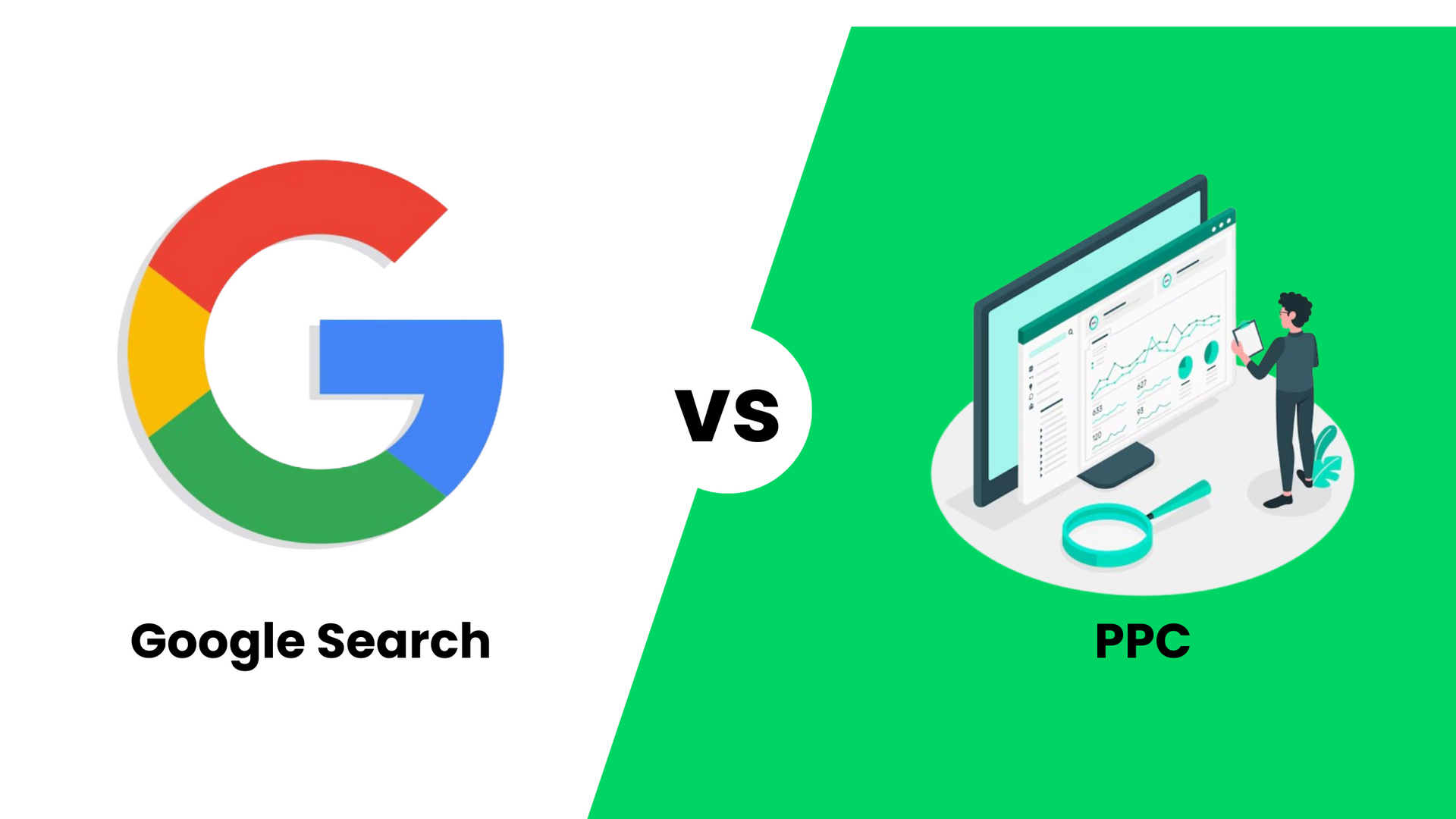
Understanding Google Search (SEO)
Google Search involves optimising your website and its content to rank high in organic (non-paid) search results. Achieving this requires strategies collectively referred to as search engine optimisation (SEO).
SEO focuses on providing a good user experience, answering searchers’ questions effectively, and signalling relevance and credibility to Google's algorithms. The goal? To bring long-term, quality traffic to your website.
Key Components of SEO:
- On-Page Optimisation: Refining website content, meta titles, and meta descriptions to match search queries.
- Off-Page Optimisation: Building high-quality backlinks from credible websites.
- Technical SEO: Improving website speed, mobile-friendliness, and overall crawlability.
SEO is a marathon, not a sprint. It takes time to see results, but the long-term ROI can be significant.
"Think of SEO not only as what drives traffic to your site, but also what drives traffic to your business."
Understanding PPC Advertising
PPC (Pay-Per-Click) advertising involves bidding for ad placements on search engine results pages (SERPs). Google Ads is the most common platform for PPC campaigns. Businesses bid on keywords relevant to their products or services, and ads appear at the top or bottom of search results pages.
One key point to note is that with PPC, you only pay when someone clicks your ad. These campaigns are highly customisable, allowing you to target users based on location, demographics, interests, and even specific behaviours.
Key Differences Between Google Search and PPC
Cost Comparison
- Google Search (SEO): Investment revolves around hiring a Google partner and expert like Winston Web Co, building quality content, and improving your website. There are no direct costs per click, but ongoing effort and expertise are required.
- PPC: Costs depend on your industry and keyword competition. Popular or high-demand keywords in the UK can cost several pounds per click. While budget control exists in PPC, costs can quickly escalate.
Speed of Results
- Google Search: Results are typically slow, requiring months of effort before gaining traction. SEO is a long-term strategy.
- PPC: Instant results. Ads are launched quickly, pushing your business in front of potential customers within hours.
Longevity of Returns
- Google Search: SEO delivers ongoing traffic without extra cost as long as you maintain your ranking. Efforts today can continue to generate leads for years.
- PPC: Traffic stops the moment you stop paying for ads. It’s quite literally “pay to play.”
Customisation and Targeting
- Google Search: Limited by Google’s ranking algorithm, meaning you need to optimise for relevance, keywords, and quality to target specific audiences.
- PPC: Allows granular targeting based on age, location, interests, language, device, time, and more.
Benefits of Google Search (SEO)
Organic traffic driven by SEO offers a range of benefits that make it a cornerstone of any strong digital strategy:
- Credibility and Trust: Consumers often trust organic results over paid ads. Ranking high in search results boosts your authority.
- Cost-Effectiveness: While SEO requires an upfront investment, the cost per lead decreases over time as organic traffic grows.
- Sustainability: Once achieved, strong rankings can deliver consistent traffic with low maintenance costs.
- Broad User Reach: A well-optimised site can appeal to a larger audience seeking your products or services.
- Improved User Experience: Many elements of SEO (e.g., page speed) directly improve the user experience, which can help increase conversions.
At Winston Web Co, we specialise in helping UK businesses build an SEO strategy that delivers lasting value.
Benefits of PPC Advertising
PPC has its unique advantages tailored to businesses seeking immediate results:
- Quick Leads and Sales: PPC campaigns launch fast, generating immediate visibility and clicks.
- Targeted Campaigns: Refine and customise who sees your ads, ensuring you’re spending money on those most likely to convert.
- Performance Data: Get detailed insights into ad performance, helping you optimise campaigns in real-time.
- Controlled Budgeting: Set daily or campaign limits so you never exceed your budget.
Winston Web Co offers expertly managed Google Ads campaigns to help businesses in the UK maximise their investment and ROI.
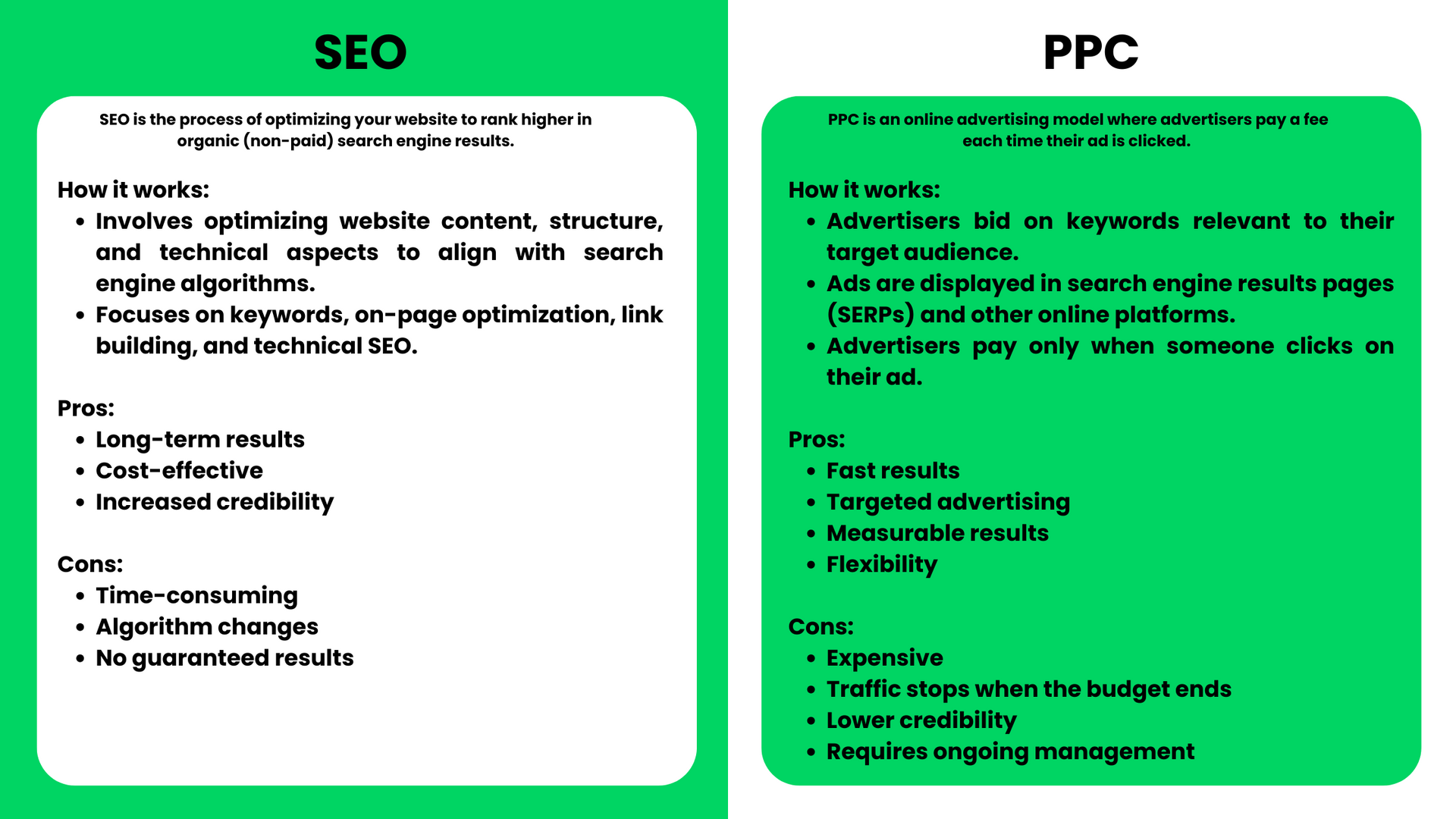
"PPC is a quick sprint. SEO is a marathon. Your business needs to be fit for both."
Calculating ROI for PPC Advertising
PPC gives us immediate feedback on what results it generates, how many leads via phone or form fill, for example. This is great because you can work out how well the campaign generates leads, but there is more to it than this.
Whenever we explain their PPC return to clients, we have to have the full picture. Was the phone call a lead, or was some company clicking on your ads trying to sell you something? Did the phone call lead to business? If so, how much? All of this makes a difference to the return on your investment into PPC advertising.
Key Considerations of the PPC Calculation
PPC can be very expensive or very lucrative. Here are a few key points to remember that make a difference in overall performance.
CTR / Click-through Rate. It measures how effective your ad is at getting people to click through to your website. A lower click-through rate means you're not winning the clicks to get people to see what you offer and lead to business.
Website conversion rate. If you pay for 100 interested people to go to your website (specifically a landing page), how many convert into an inquiry? If currently 5 in 10 convert and you make some well-educated tweaks that lead to 10% conversion, this doubles (that’s right, DOUBLES) your lead output. This could be better understanding your customer needs, adding more trust signals, or improving the user experience.
Sales Conversion Rate. If you are a service business, like in construction and property, the likelihood is you will need that lead to convert into business through a sales proces such as booking a site visit and providing a quote. Or converting them on the phone. The rate in which you convert these makes a big impact to the outcome of the campaign. If you currently convert 1 or 2 in 10 and the lead costs outweigh the amount you make, this won’t last long. You convert more, this might be what is needed to make the whole thing extremely profitable. It will be different for every business.
CLTV / Customer Lifetime Value. How much are your customers worth? By upselling, getting repeat business, or recurring revenue, these are all ways you can increase the customer's value to your business, making the outcome of the campaign even more lucrative.
Closing the loop successfully. Our own personal term that we measure. For every customer interaction, do you a, turn them into positive public feedback in the form of an online review or video testimonial. These help new customers choose you over the competition which increases your conversion rate both on the website and in the sales process. B, promote and encourage recommendations and referrals. This could be as simple as giving a few business cards when you complete the work and saying,”If you are happy with our service, we would appreciate an online review, but also, if you know anyone else who requires our services, please pass them our details. Our business runs on the good word of our previous customers, so it is very much appreciated”.
If you look after each stage and maximise the rates in which things convert, PPC will perform great for your business, if you don’t, you are leaving money on the table and worse, the campaigns lose you money.
Combining SEO and PPC for Maximum Results
Rather than framing Google Search and PPC as two entirely separate approaches, the best strategy often lies in combining them. Both strategies complement each other, creating a marketing powerhouse.
Synergies Between SEO and PPC:
- Increased Visibility: Dominate search engine results by appearing in both paid ads and organic rankings.
- Keyword Testing: Use PPC to test which keywords drive the highest traffic, then integrate those into your SEO strategy.
- Immediate and Long-Term Growth: While PPC delivers instant traffic, SEO builds sustainable momentum.
Which Option Is Best for Your Business?
The right choice depends on your business goals, budget, and timeline.
- Opt for SEO if: You’re striving for long-term, sustainable growth, building credibility, and targeting broad organic visibility. It’s ideal for businesses that can wait several months for results.
- Opt for PPC if: You need immediate traffic, leads, or sales, or you’re promoting a time-sensitive offer. Ideal for industries with high competition or businesses with a defined target audience.
For many UK businesses, a mix of SEO and PPC often works best. Working with experts like Winston Web Co ensures your strategy is tailored to your needs.
Conclusion
So, Google Search or PPC? The answer lies in understanding your business’s goals and crafting a strategy tailored to your unique needs. SEO offers credibility, sustainability, and long-term value, while PPC provides instant visibility and precision targeting.
At Winston Web Co, we believe in creating bespoke marketing solutions for UK businesses. Whether you’re looking to improve your organic rankings, launch a high-converting PPC campaign, or do both, our team is here to guide you.
Ready to take your digital marketing to the next level? Speak to our experts today and discover how we can help your business grow.


